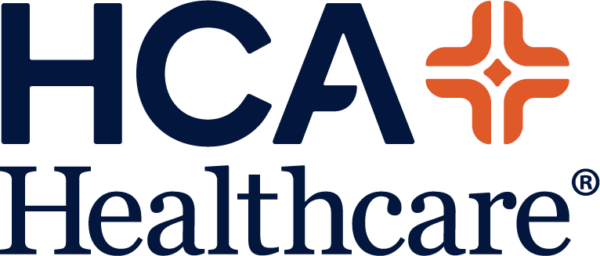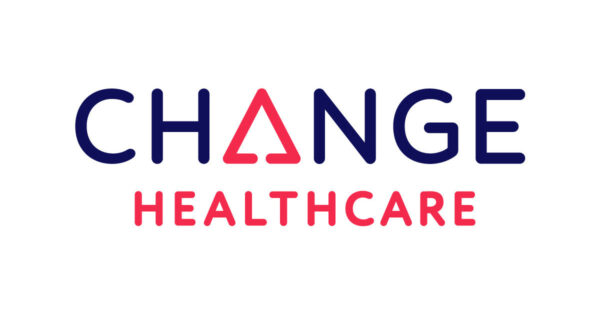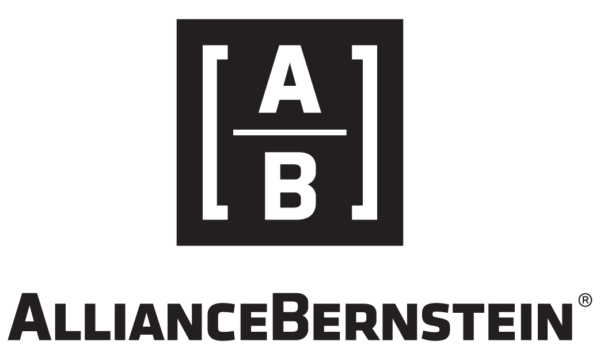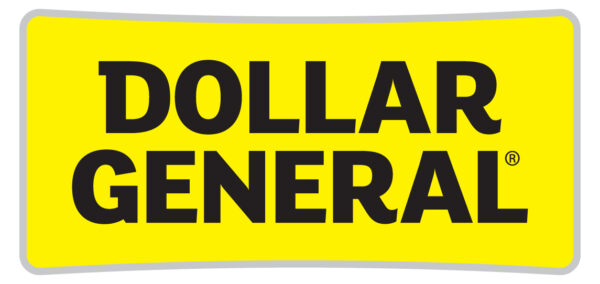On a recent humid summer day, a tech-savvy corporate executive and one of the nation’s top medical directors walked into a west Tennessee country pharmacist’s office.
Pharmacist Jay Phipps took a friendly meeting with the now-familiar visitors from Nashville, during a break from another busy afternoon at his shop in the town of McKenzie, population 5,479.
They chatted about his family and the popularity of his Phipps-branded individual medication packs made to simplify daily dosages for his occasionally-confused clients.
The Nashville guests are leaders of startup company Main Street Health and they’re also eager to lend a helping hand to those clients.
They’ve partnered with Phipps and two dozen other country doctors and pharmacists in west Tennessee on a new strategy to called “Extra Access.” The program zeroes in on the most vulnerable patients falling through the cracks in the system.
The core idea is simple: Improve outcomes by getting to know patients better and – as all successful technology companies do – amass data.
They hope to take the new model nationwide within a year.
“Rural America is inherently relational,” said Dr. Sarah Chouinard, chief medical officer of Main Street Health. “There are no shortcuts to this work. We’re trying to solve a problem that cannot be solved by the current fee-for-service model.”
She and Main Street Health President Bennett Graham swapped family stories with Phipps before getting down to business. Chit-chat is crucial because building authentic relationships is the business model’s cornerstone.
Main Street Health’s innovative approach leverages the popularity of small-town doctors and pharmacists and pioneers a new healthcare payment system that rewards better patient outcomes.
“Patients are overwhelmed – who do they trust?: The person sitting in their doctor’s office,” Chouinard said. “Rural seniors are often completely alone. They worry and their worry turns to physical symptoms. People end up in the emergency room for medication confusion.”
A ‘value-based’ healthcare business
The startup is one of several health-technology firms designed by Nashville-based Russell Street Ventures. CEO Brad Smith is fresh off a successful launch of Aspire Health, the largest provider of in-home care for people who are chronically ill and dying.
Aspire’s custom tech platform will be used to guide Main Street Health’s expansion. The company also anticipates ultimately integrating into the nation’s largest health corporations, as Aspire was purchased by Anthem in 2018.
After selling Aspire, Smith led the Centers for Medicare and Medicaid Services and the Center for Medicare and Medicaid Innovation.
Now, he’s combining his expertise with Dr. Chouinard’s experience directing healthcare across rural West Virginia and leading innovation and value-based care initiatives at the federal and state levels.
Like Aspire, Main Street Health uses a “value-based” rather than a traditional fee-for-service healthcare payment model. The firm contracts with Medicare to float initial cash for partner practices, and is reimbursed based on how much is saved on overall health costs. Essentially, Main Street Health and its partners will share in any savings achieved below insurers’ estimated costs for care per person.
The model is designed to be a win-win: Improve patient health and decrease costs by preventing unnecessary treatments and emergency care.
“We believe this is going to be the biggest move toward value-based care in rural America,” Smith said. “I believe it will improve care for a lot of people.”
He holds well-studied plans based on an exponential unmet need to partner in 500 counties across the country within three years.
“We’ve seen it work in urban and suburban areas. We’ll lower the cost of care,” he said. “There will be an extra pool of money that we’ll split with the providers.”
Investors include healthcare venture capitalist Annie Lamont; Nashville native Bill Frist, a surgeon and former U.S. Senate Majority Leader who worked extensively on healthcare policy; the Nashville Capital Network and other healthcare entrepreneurs.
“The idea is to hold people accountable for outcomes versus paying for procedures,” Smith said. “I hope fewer rural hospitals will close, but I know most likely they’re declining. These country doctors are really good doctors. But there’s fewer of them and they’re crushed by administrative burdens. We’re taking on some of the hard parts.”
Rural medical care is on the decline
Phipps said the partnership proposition was a no-brainer for his local chain of pharmacies.
The troubled healthcare industry’s painful bottom lines hit close to home in McKenzie.
The squat brick buildings of bankrupt former 45-bed McKenzie Regional Hospital loom outside Phipps’ office window, across from fields of high corn. The hospital shut down in 2018 in heavy debt.
Since then, things haven’t improved for rural hospitals.
The COVID-19 pandemic dragged on business as patients stayed home to avoid infections. For years, the sector has had difficulty recruiting qualified practitioners, and continues to be challenged by limited high-speed internet access, a higher rate of uninsured patients, and low government reimbursements.
“The rural population is older, sicker, and less likely to be insured or seek preventive services,” Bipartisan Policy Center’s Rural Health Task Force said, in its 2020 report. “This population is more likely than their urban counterparts to experience potentially preventable death from five leading causes: heart disease, cancer, unintentional injuries, chronic lower respiratory disease, and stroke.”
Maternal and infant mortality rates are on the rise as a steady stream of hospital closures threatens to grow into a flood.
Nearly half of Tennessee’s 49 rural hospitals are at “immediate risk” of closure, according to the report.
“There are important niche areas that typical healthcare companies can’t address,” said Frist. “All these big companies tried and failed. The real challenge is we have to have a model that economically works or it won’t be sustained.
“The macro shift in healthcare is from fee-for-serve to value-based care. I’ve been around awhile and I know that, to go to scale, you have to have a payment stream that’s looking for a model like this. The players are hungry to find people like us who understand value.”
Deploying health navigators
Main Street Health is confidently putting down a $26.4 million initial investment in their strategy.
The money will first pay for nurses and social workers – dubbed “health navigators” – to work in rural medical offices. They will help patients track medication, identify barriers to care and connect with healthcare services.
Meanwhile, a sophisticated internal software program will scour health claims records and track hospitalizations and other metrics to give patients more personalized information and options. A specialized algorithm will keep a close eye on patient care to flag whether anyone appears to be falling through the cracks.
“The technology is just enabling the services to be delivered efficiently,” Graham said. “The health navigator is the tip of the spear. They’re able to connect with the patient.”
Health navigators will meet patients where they already are – in doctor’s offices, pharmacies and at their homes when needed.
They are now being trained to get to know clients, their families, and any special needs that may improve their health. Complicated insurance issues and other business needs can be fielded by the workers to make it easier for patients to get connected to services.
A team of medical specialists will also be on call for rural partners who need consultations on issues outside their direct expertise to help reduce long patient trips to Nashville, Memphis or Jackson where there are more robust services.
Dr. Scott Whitby, who leads East Wood Clinic in Paris, Tenn., is preparing to integrate a health navigator into his practice, where hallway photos of cowboys are interspersed with colorful signs reading “Relax” and “Love each moment.”
Whitby’s office is covered in family photos and displays of vintage medical equipment.
Main Street Health’s on-call experts will also be a big help, he said.
“We try to do the very best we can do in this office,” Whitby said. “But I had an 85-year-old lady who broke her hip two times. Well we found out there’s rugs at her house with turned up corners and she’s tripping on them.”
Main Street Health’s navigators will be focused on preventing problems like these, as well as encouraging physical therapy for those in wheelchairs and giving nutrition support.
Nearby Henry County Medical Center is one of west Tennessee’s best healthcare resources. But it lacks critical specialists in some of the most challenging areas including kidney disease, arthritis, and brain diseases.
“We’re not going to close, but remaining a county-owned hospital is difficult,” Whitby said. “It’s not easy. If a suicidal 16-year-old is in the next room I walk into, I’m not going to be able to get him seen this month.”
Read Full Article









